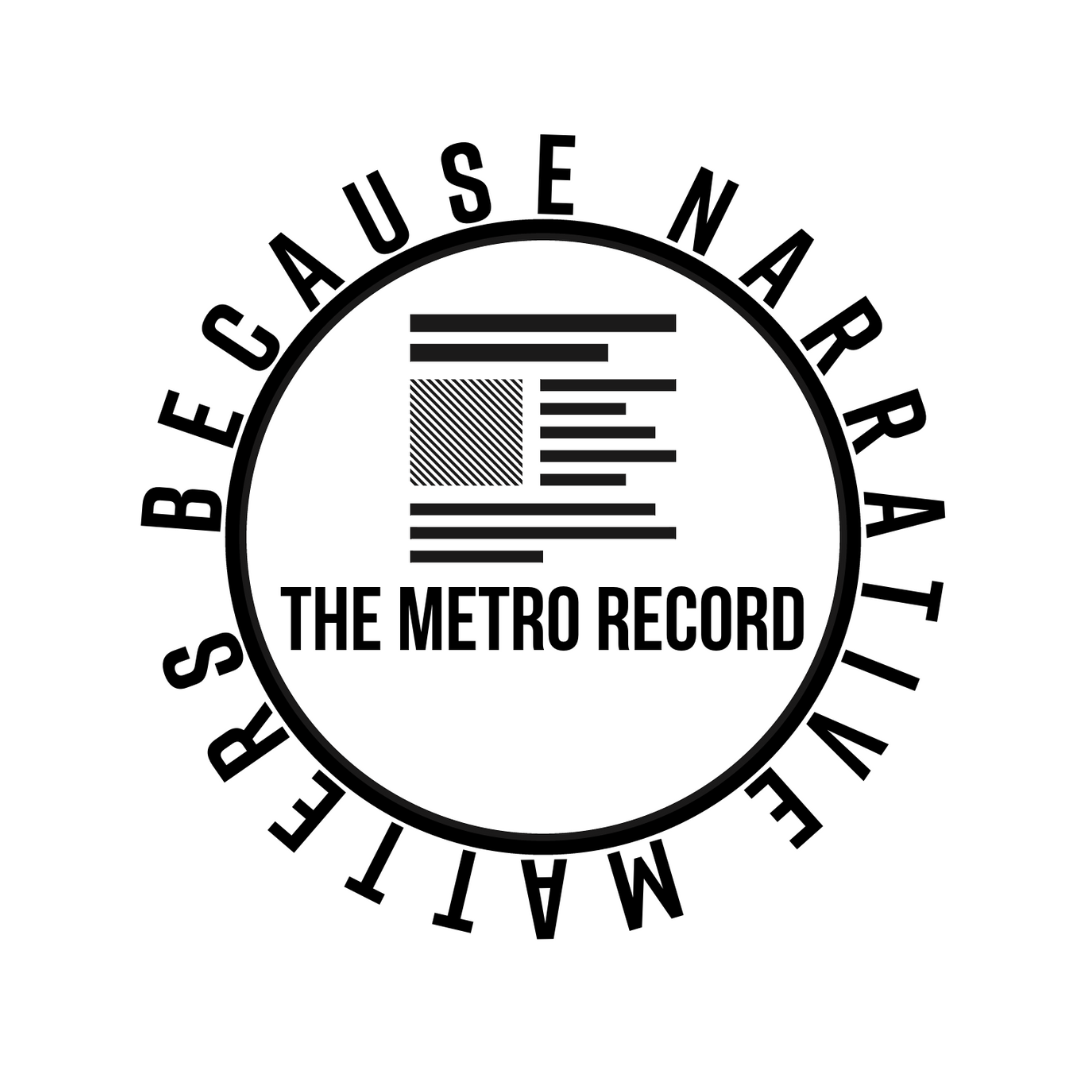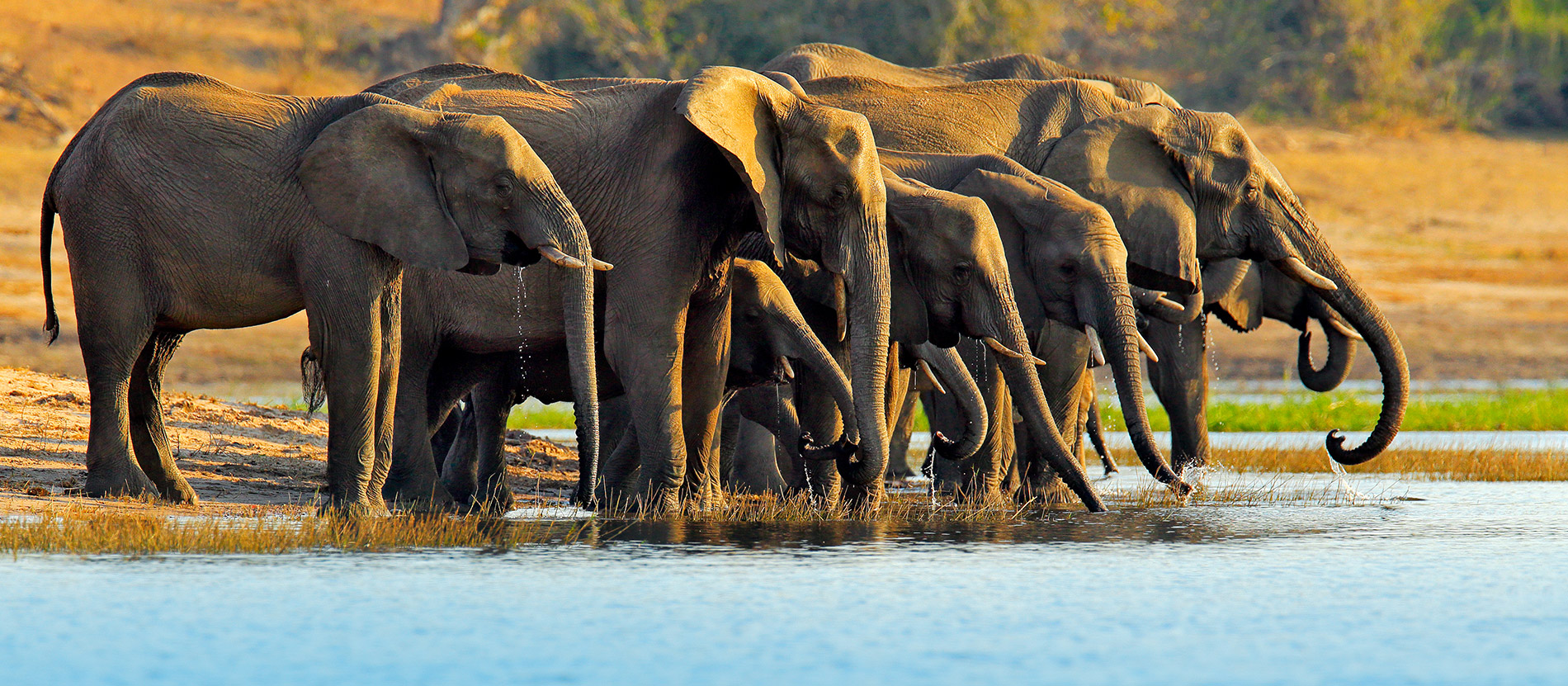DRC: War in Ukraine sparks food-security fears
News Shorts You Will Not See Anywhere Else
Rising prices driven by the Ukraine crises have stoked fear of devastating social turmoil in eastern DR Congo. In the region, the economy is hobbled by geographical remoteness and decades of violence.
Lately, when Congolese go to the pump it has been the same disappointment.
Inexorably soaring fuel prices in the Democratic Republic of Congo are the latest consequence of the war in Ukraine. The conflict is stoking fears and anger, especially among residents of the northeastern part of DRC. “The authorities are present yet prices are rising and the authorities are not involved in regulating them, Alimasi Agbarah a taxi driver says. Why not ask those who are raising prices to lower them, and even stop them [from speculating?]”
The rising costs not only affect fuel, but on the market stalls, commodities get prohibitively expensive.
A 50-kilo bag of sugar which previously cost around 43 $ now goes for 60 $. The same goes for cooking oil, rice, or maize, they are now worth double their price a few weeks ago.
One of the reasons explaining this inflation is that DRC heavily relies on imports. A dependence that could destabilize the country’s food security according to economist Paulin Bishakabalya. “If at the international level we don’t find a way to stop what is happening in Ukraine, it means that we have to face supply difficulties, it is clear that prices will continue to surge here and I think that the next two months will be decisive for our populations here in the east of the DRC, we are going to feel the shock of this war between Ukraine and Russia”, the economics analyst with the Congo Federation of Businesses predicts.
To reduce the pressure on households, the governor of the Bukavu province has recommended that prices be lowered in the markets. But economic operators struggle to apply the directive, they have already suffered record losses due to inflation.
July 2021 unrest: President Ramaphosa to appear before SAHR Commission
The South African Human Rights Commission said on Tuesday it would hear President Cyril Ramaphosa with regard to his responsibility as the Head of State during the July 2021 unrest.
“President Cyril Ramaphosa, will on April, 1st appear before the Hearing Panel”, the South African Human Rights Commission announced on Tuesday. President Ramaphosa is expected to give testimony with regard to his responsibility as the Head of State and the Head of South Africa’s Executive during the July 2021 unrest in parts of the KwaZulu-Natal and Gauteng provinces.
Trade and Industry Minister Ebrahim Patel and Public Service and Administration Minister Ayanda Dlodlo are just two of the government members’ who appeared before the panel.
The president released last February a report on the unrest he commissioned to an expert panel. The 1 54-page report found there had been a failure of state institutions in disrupting and anticipating the troubles.
The South African government estimated that at least 40,000 businesses had been looted, burnt, or vandalized during widespread rioting that broke out after the jailing of ex-president Jacob Zuma last summer.
U.S. Secretary of State in Morocco, Western Sahara, and region security on top of the agenda
US Secretary of State Antony Blinken is in Morocco for two days. This visit is part of a tour in the Middle East and North Africa that started last Saturday.
Blinken is meeting his counterpart Nasser Bourita again after seeing him at an unprecedented meeting in the Negev desert in Israel along with 3 ministers of Arab countries and Israel. The talks will focus on bilateral and regional security, counterterrorism operations in the Sahel, and the economic impact of the conflict in Ukraine, such as the risk of wheat shortages. But the disputed region of Western Sahara should be at the top of the agenda. In 2020, former US president Donald Trump said the territory was Moroccan and three weeks ago, the U.S. supported Rabat’s autonomy plan.
This Wednesday the US top diplomat will head to Algeria, who’s diplomatic relations with Morocco have been strained over the situation of this region partly controlled by Rabat and Polisario Front, an Algerian-backed independence movement.
Nigeria train attack: gunmen killed and injured passengers, authorities say
The attack on a passenger train Monday night in northwestern Nigeria by gunmen has left “injured and dead” among the nearly 1,000 passengers on board**, local authorities said Tuesday morning.**
An Abuja-Kaduna passenger train was attacked by “bandits” on Monday evening. On Tuesday authorities issued a statement saying that “passengers who were injured or who died have been transferred to hospitals.”
The head of security in Kaduna State, Samuel Aruwan, did not give an exact death toll, nor did he say whether any passengers had been abducted, but said that “a rescue operation was underway”. The evacuation of passengers trapped on board the train was completed on Tuesday morning.
Many people are also feared to have been abducted during the “unprecedented” attack, according to Fidet Okhiria, chief executive of the state-owned Nigerian Railway Corporation.
The train was attacked at around 9 p.m. local time near Rijana station, on the line linking Abuja, the capital, to Kaduna, a city in the northwest of the country, where gunmen had already tried to attack the airport last week-end.
According to several sources, the attackers set off explosives, damaging the tracks, and fired a large number of shots, before being repulsed an hour later by soldiers deployed on the spot.
No group has claimed responsibility for the attack but suspicion quickly fell on the armed groups who have carried out thousands of abductions and killings in the northwest and central states of the West African nation where they loot, kidnap and kill.
Deteriorating situation
For several years, many kidnappings for ransom have taken place on the highway linking Abuja to Kaduna, the main road leading to Kano, the country’s second-largest city and an important trade hub in the Sahel.
Faced with this growing insecurity, many travelers now prefer to take the more expensive but safer train or plane.
However, the situation seems to have deteriorated in recent months: last October, gunmen tried to attack the same train line, and last Saturday an attack was repelled by the military at Kaduna airport, where assailants killed a security guard and temporarily interrupted air traffic.
Court orders Ethiopian journalist to be released on bail
An Ethiopian court has ordered Ethiopian journalist Amir Aman Kiyaro to be released on bail after being imprisoned for months without charges.
A judge in the capital, Addis Ababa, on Tuesday granted bail to Kiyaro while prosecutors determine whether or not to press charges against him. Kiyaro remained in custody while bail procedures were being followed before his expected release.
Kiyaro, 30, a video journalist accredited to The Associated Press, was detained on Nov. 28 in Addis Ababa under the country’s war-related state of emergency law.
Kiyaro is accused of “serving the purposes” of what the government has classified as a terrorist group by interviewing its officials, according to reports by Ethiopian state media, citing federal police. Local journalist Thomas Engida was arrested at the same time and faces similar charges.
If the journalists are found guilty of violating Ethiopia’s anti-terrorism law or the state of emergency law, they could face sentences of seven to 15 years behind bars, federal police inspector Tesfaye Olani has told state media.
State of emergency
Despite the granting of bail after four months of police investigation and detention, it still remains uncertain whether prosecutors will proceed to press charges against Kiyaro.
The state of emergency was lifted in February as the government cited changing conditions in the deadly conflict between Ethiopian forces and those of the northern Tigray region.
“We are pleased that journalist Amir Aman Kiyaro has been granted bail and we are eager for his release from prison after being detained in Ethiopia for more than 120 days,” Julie Pace, the AP’s executive editor, said in response to the bail order. “Amir is an independent journalist who has been targeted because of his work and we urge the Ethiopian authorities to drop their investigation”, she added.
The Committee to Protect Journalists said dozens of journalists had been arrested after Ethiopia issued the State of Emergency decree. In its 2021 report, the organization ranked the country at the 11th place of the countries imprisoning journalists.
In early March over 40 Ethiopian journalists called on the government to respect media rights in an open letter.
Centre of new global order is equitable international trade – PM Mottley
(World Trade Organisation) Open and equitable international trade is at the center of reinventing the global order to address the world’s most pressing challenges, H.E. Ms Mia Amor Mottley, the Prime Minister of Barbados, told a large audience at the inaugural event of the WTO’s Presidential Lecture Series on 23 March at the WTO’s headquarters in Geneva.
WTO ambassadors, Swiss authorities, heads of intergovernmental organizations, representatives of non-governmental organisations, business and academia participated in the event, which was opened by Director-General Ngozi Okonjo-Iweala.
In her opening remarks, DG Okonjo-Iweala underscored the aim of the WTO’s Presidential Lecture Series: “Multilateral institutions and values are under threat. The speakers in this series will shed light on potential ways forward, towards the WTO’s founding goals of raising people’s living standards, creating jobs, and promoting sustainable development.”
Jan 25, 2022
DG Okonjo-Iweala warmly welcomed Prime Minister Mottley: “Since taking office in 2018, Prime Minister Mottley has emerged as one of the most powerful voices among political leaders on the international stage. She is fearless; she speaks truth to power on issues like climate justice, vaccine inequity, sovereign debt, and the unique vulnerabilities facing small economies. She makes Barbados punch above its weight.”
In her speech, Prime Minister Mottley noted the failures of the old global order, highlighting issues such as global debt, rapid climate change, the COVID-19 pandemic, and the recent conflict in Ukraine. “The global order is not working; it is not delivering in the areas of critical importance necessary to achieve the goal of sustainable development for the majority of the world’s population,” she said.
World leaders need to show the true political will to transform the global order without “retreating behind national and regional lines of defense,” said Prime Minister Mottley, stressing that “the WTO can be and must be in the vanguard of the change we need”. She highlighted “the absolute need for us to bring the architecture of a new global order into the 21st century — transparent and fair and rooted in moral legitimacy.”
Prime Minister Mottley outlined the major trade obstacles facing exporters from small island developing economies, such as the digital gaps, shortage of supporting financing mechanisms, and discriminatory standards. “These, not tariffs, not genuine competitiveness and comparative advantages, are the obstacles to today’s international trade. They will be an obstacle too to the efficient and fair prosecution of climate mitigation through the global transfer of capital, technology, and opportunity,” she said.
She continued: “The world needs more mobile labor, capital, and technology to defeat climate change. We need to be part of the digital revolution to deliver better health, education, and quality of life. International trade is at the center of solving climate change and using digital trade to advance global development.”
She concluded: The new global order “requires a next-generation WTO committed to calling out obstacles to equitable trade, committed to being even more representative, acting as a countervailing, reforming force against the tendency to narrow, exclusive trade relationships, with a seat at the highest tables to promote the international trade dimension to the world’s problems.”
The event was moderated by Ambassador Athaliah Lesiba Molokomme of Botswana.



